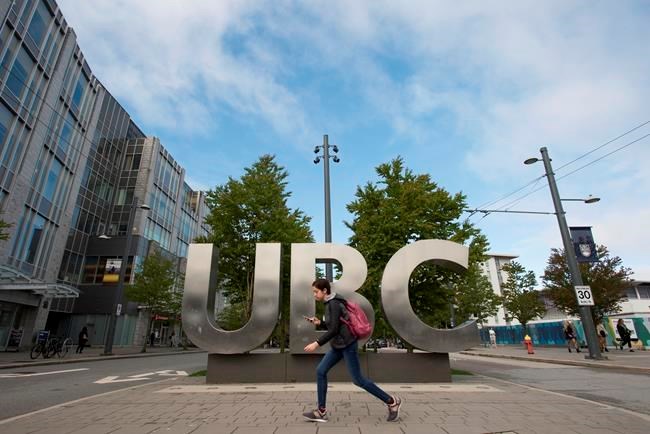UBC — The University of British Columbia will add 778 more student spaces for technology-related programs over the next six years through a $23-million investment from the provincial government.
The university says in a statement that the funding will add new seats in existing programs in the faculties of applied science, medicine, pharmaceutical sciences, and science at both the Â鶹´«Ã½Ó³»and Okanagan campuses.
The funding will also be used to launch two new programs, a bachelor's degree in data science at the Â鶹´«Ã½Ó³»campus and a master of science in biotechnology at UBC Okanagan.
The university says $5.4 million will equip and renovate labs and classrooms, while $17.7 million in funding is for operating funds over the first three years of the planned expansion.
UBC president Benoit-Antoine Bacon says the money not only provides students with new career opportunities but also meets the demand for talent in B.C.’s "rapidly growing" technology and life sciences industry.
Lisa Beare, B.C.’s minister of post-secondary education, says there is a growing demand for talent as workplaces are transforming, and people with technological skills are in high demand.
This report by The Canadian Press was first published April. 12, 2024.
The Canadian Press
Note to readers: This is a corrected story. A previous headline said government funding was $21 million.



